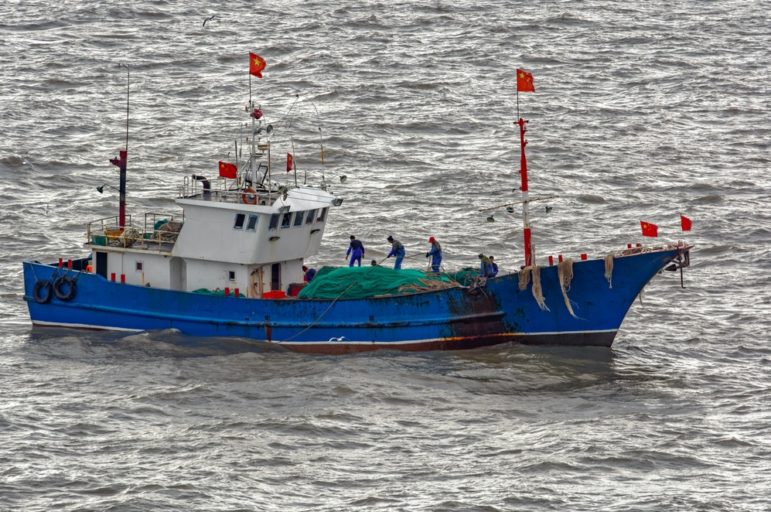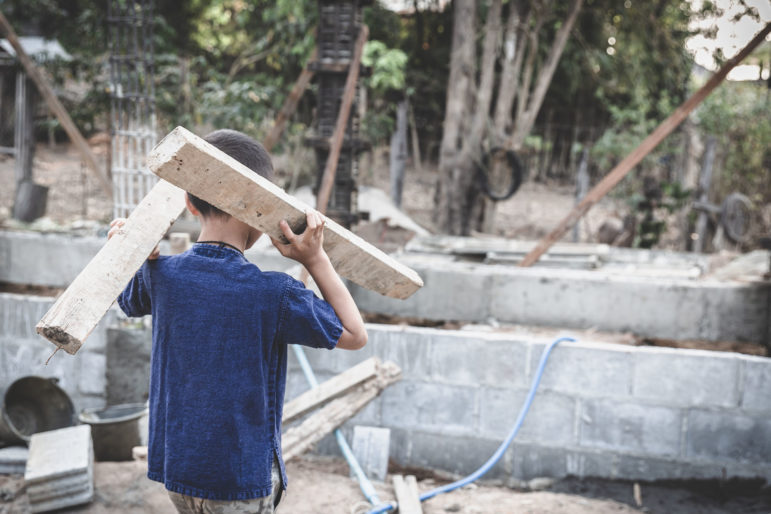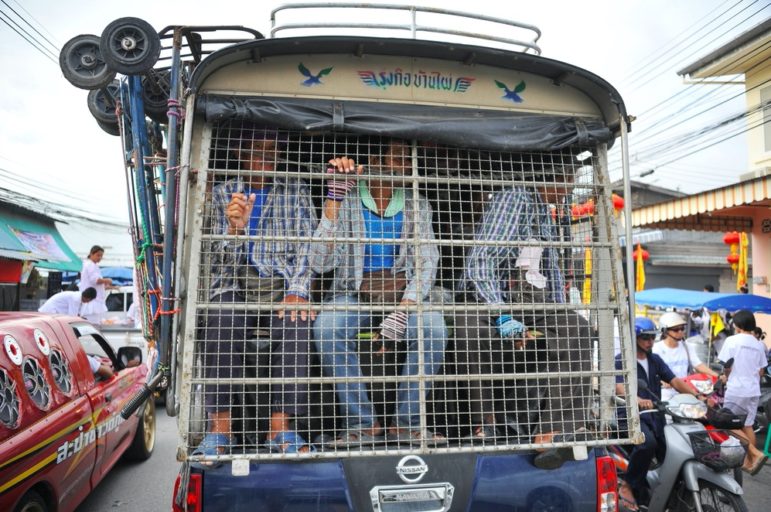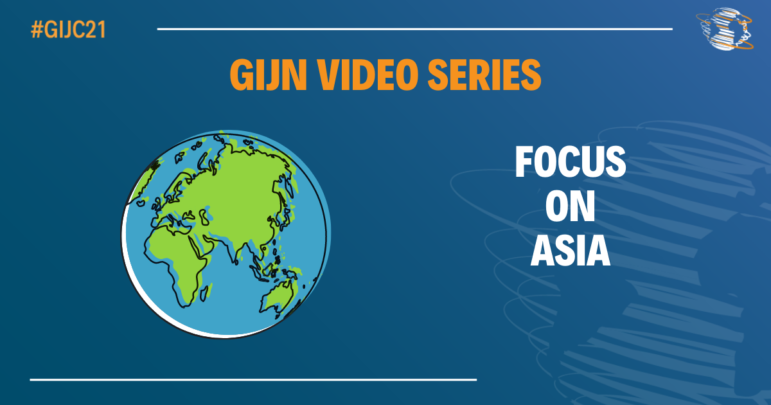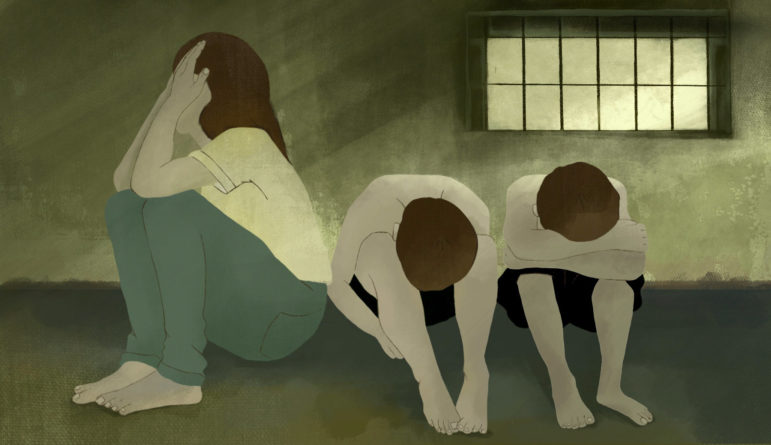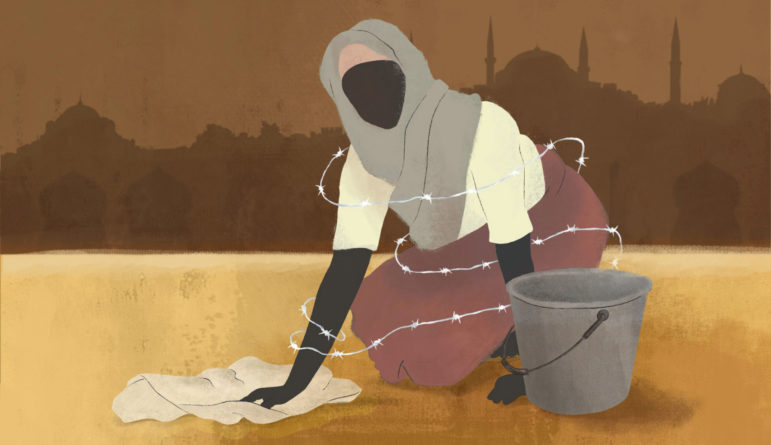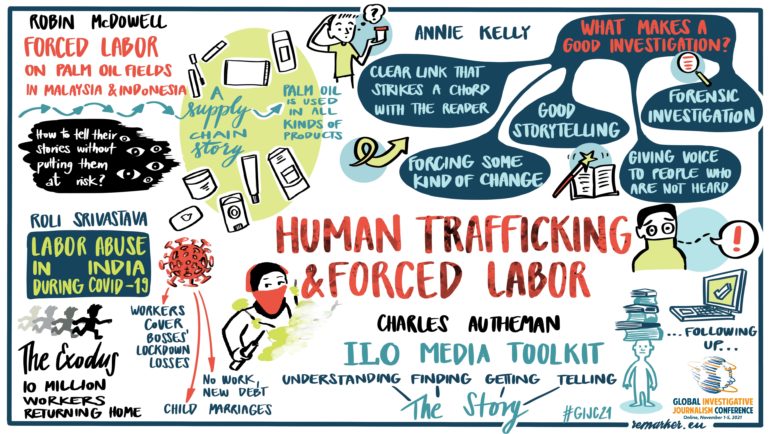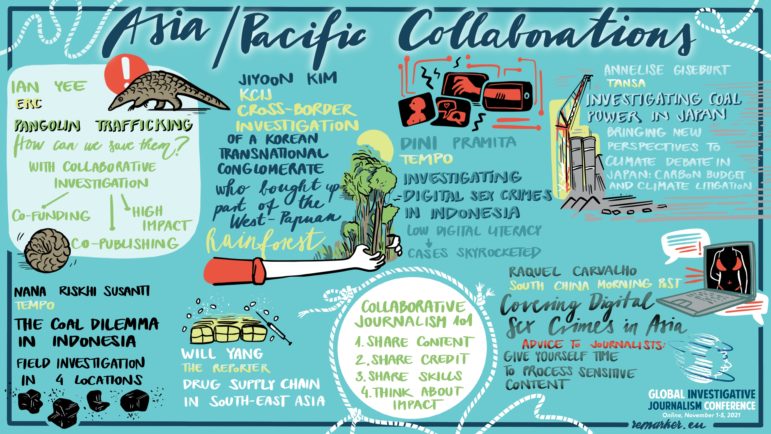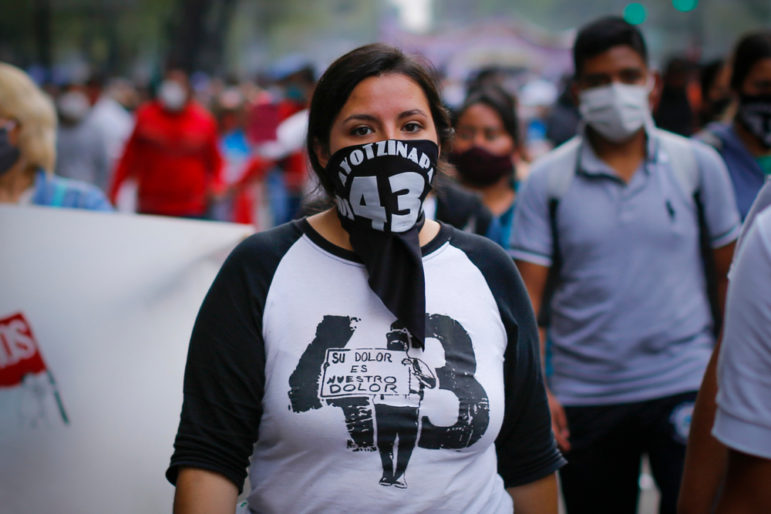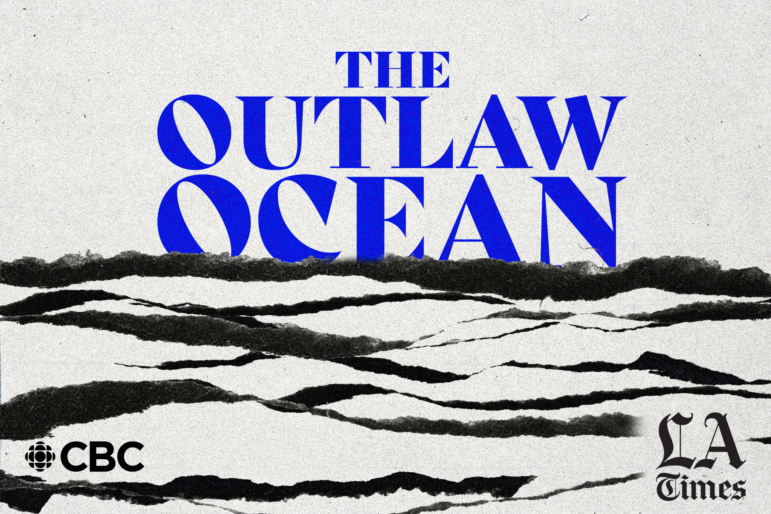
News & Analysis
How We Turned Years of Reporting on the High Seas into a Podcast: Tips from Ian Urbina
The Outlaw Ocean Project — a nonprofit journalism organization that reports on the “watery two-thirds” of our planet — used material from several years of investigations on the high seas to create a new, seven-part podcast.

